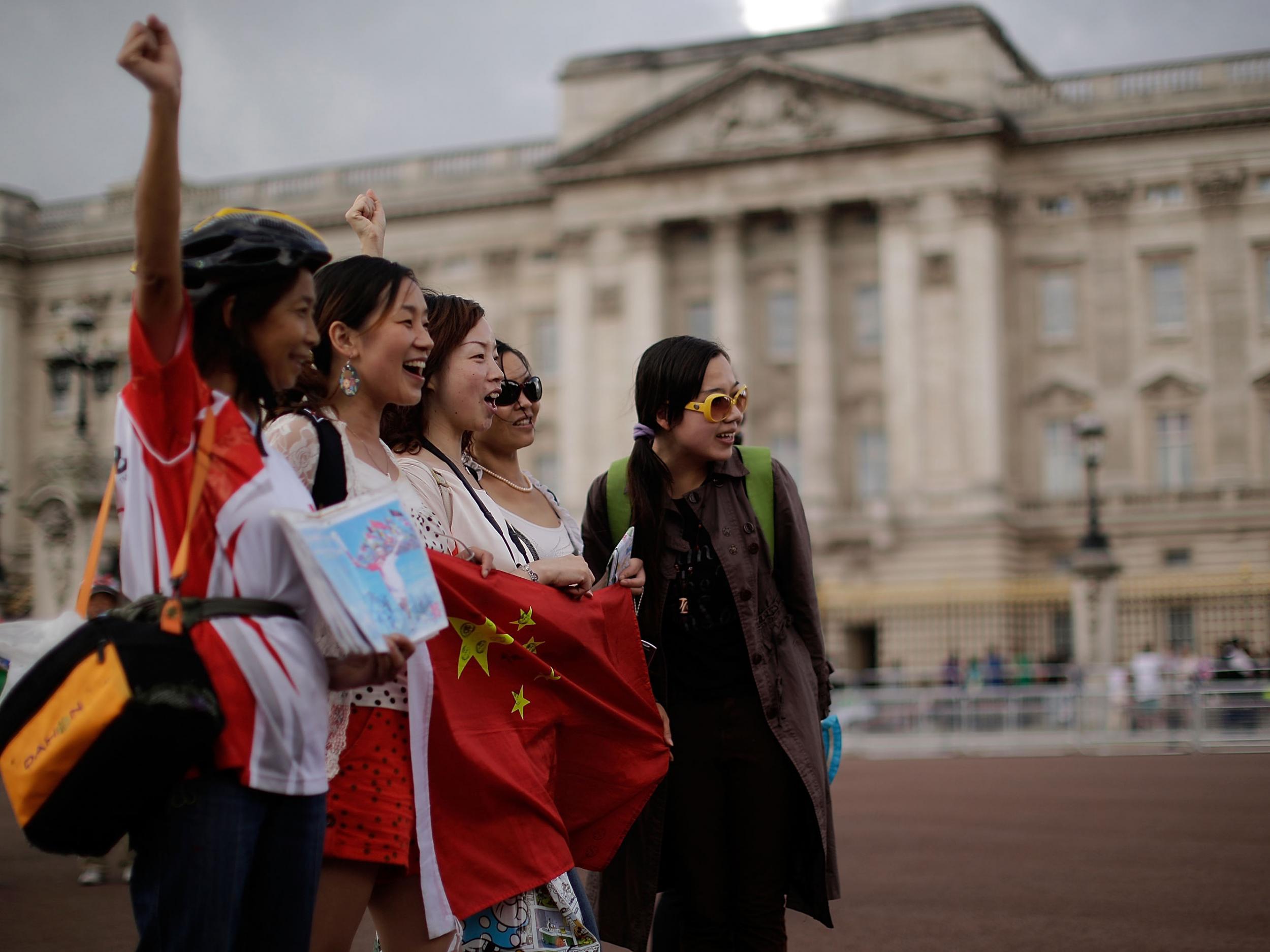UK visa service to charge £5.48 to send them a single email from overseas
Home Office has contracted out its services to private firm in a move which may hit the tourism industry

Your support helps us to tell the story
From reproductive rights to climate change to Big Tech, The Independent is on the ground when the story is developing. Whether it's investigating the financials of Elon Musk's pro-Trump PAC or producing our latest documentary, 'The A Word', which shines a light on the American women fighting for reproductive rights, we know how important it is to parse out the facts from the messaging.
At such a critical moment in US history, we need reporters on the ground. Your donation allows us to keep sending journalists to speak to both sides of the story.
The Independent is trusted by Americans across the entire political spectrum. And unlike many other quality news outlets, we choose not to lock Americans out of our reporting and analysis with paywalls. We believe quality journalism should be available to everyone, paid for by those who can afford it.
Your support makes all the difference.People applying for a visa to visit the UK will be forced to pay nearly £6 for every email they send.
The Home Office has announced it had contracted out its customer enquiries service for visa applications to a private outsourcing firm, Sitel UK, which will charge £5.48 per email sent, change opening hours and reduce the number of languages services are available in.
It says the move will “help the government reduce costs and ensure those who benefit directly from the UK immigration system make an appropriate contribution”.
Services will be offered in English, Mandarin, Cantonese, Arabic, French, Hindi, Russian and Spanish.
The Home Office says the languages no longer offered make up only four per cent of the total number of volume of calls and emails received.
But the move is likely to affect the UK tourism industry, which was estimated to be worth £126.9bn in 2013 and provided 9.6 per cent of total jobs, with foreign holidaymakers potentially choosing destinations where it is easier to get a visa.
For instance, Chinese tourists make up a growing percentage of visitors to the UK and made up 2.7 per cent of total British tourism spending in 2014 but will be forced to apply for a visa through this process.
The move is likely to worry the hospitality industry which is already concerned about the impact of Brexit as many companies are reliant on the EU migrant workforce.
According to a recent survey by Travel Weekly, 40 per cent of hospitality sector leaders believed the visa situation needs to be clarified by the UK government after the election.
A further 65 per cent are concerned about the long term damage to their industry without a pro-tourism and hospitality approach to immigration.
In February the chief executive of the British Hospitality Association, Ufi Ibrahim, warned the UK’s reputation as “a hospitable and welcoming nation” was at risk.
She said: “We are very concerned about the tonality of statements and messages going out from Government.”
Meanwhile Sally Balcombe, chief executive of VisitBritain, added the country will only remain a tourist destination if people still “find it easy to come”.
She said: “We need to make it easy for them to come, so access under the same conditions as now or as close to them [after Brexit] is essential”.
The Independent has contacted the Home Office and Sitel UK for comment.
Join our commenting forum
Join thought-provoking conversations, follow other Independent readers and see their replies
Comments